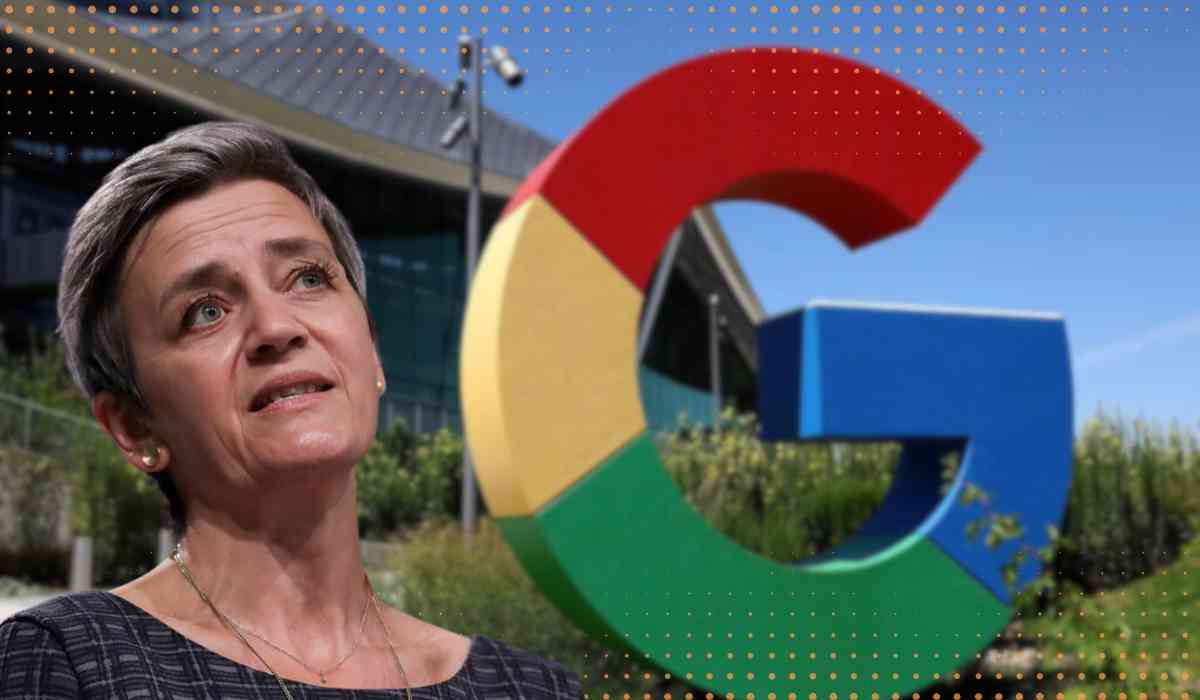-
Google Loses Final Appeal: Google lost its last legal challenge against a European Union antitrust ruling that fined the company 2.4 billion euros for giving its own shopping service an unfair advantage in search results over competitors.
-
Court Upholds Previous Decision: The European Union’s Court of Justice upheld the 2017 decision by the European Commission, which found Google’s practices harmed competition by favoring its own shopping service over rival comparison shopping services.
-
Impact on Consumers: The ruling highlights how Google’s actions limited consumer access to potentially cheaper prices and useful product information from competitors, according to European consumer group BEUC.
-
Google’s Response and Compliance Efforts: In response to the EU’s ruling, Google made changes to its shopping search listings by introducing auctions where other comparison shopping services could bid alongside Google’s listings.
-
Ongoing Antitrust Battles: Google is still appealing two other major EU antitrust fines related to its Android mobile operating system and AdSense advertising platform, highlighting continued scrutiny from European regulators.
-
Broader Implications for Big Tech: These cases reflect a broader global crackdown on the tech industry, with the EU leading efforts to regulate Big Tech, including opening further investigations and implementing new laws on social media and AI.
-
U.S. and U.K. Regulatory Actions: Google is also under pressure in the U.S. and U.K., facing antitrust trials and accusations of monopolistic practices in its digital advertising business.
_1726044163.jpg)
Image Source - Google
Google has lost a final legal challenge against a European Union antitrust order, handed down for favoring its shopping service over rivals in internet searches. The Court of Justice, the European Union's highest court, confirmed an earlier decision upholding the 2.4 billion euro ($2.7 billion) fine issued by the European Commission, the 27-nation bloc's top antitrust enforcer.
Court Upholds Decision
The Court of Justice, after agreeing with the earlier decision of the EU's General Court, has rejected the appeal by Google. In its original ruling, it was said that the company had been giving an illegal advantage to its shopping service by pushing down rival comparison services in the search rankings.
By today's judgment, the Court of Justice dismisses the appeal and thus upholds the judgment of the General Court,
said the court's press release.
Consequences on Consumers
The decision was highly welcomed by the European Consumer Organization, BEUC, to be highly important to the competition in digital markets. The Director-General of BEUC, Agustín Reyna, stated that such practices by Google harmed millions of European consumers who, because of such practices, were able to see rival services much less often, therefore limiting access to possibly cheaper prices and useful product information.
Background of the Case
It was one of three major fines imposed on Google in the last decade as the EU began straitjacketing technology giants. Google's compliance with the commission's ruling included setting up auctions for shopping search listings to give other comparison services an opportunity to bid against Google.
Nonetheless, the company continued to file an argument in court against the decision. In 2021, the General Court rejected the appeal by Google, and the adviser from the Court of Justice recommended that the ruling be upheld.
Other Pending Cases
The ruling is part of a longer-running regulatory crackdown on Google. Google is still appealing the two other EU antitrust fines, both linked to its Android mobile operating system and AdSense advertising platform. Google's appeal against a 4.125 billion euro fine in the Android case was rejected by the EU's General Court in 2022. An appeal against a 1.49 billion euro fine in the AdSense case is outstanding.

Image Source - X
Global Pressure on Regulation Mounts
These cases have set the stage for increased scrutiny of the tech industry worldwide. The EU opened other investigations into Big Tech and brought in new laws aimed at regulating social media platforms and artificial intelligence.
Now, Google faces U.S. antitrust challenges, too, with the Department of Justice alleging it has a monopoly on the ad tech marketplace. British regulators recently accused Google of abusing its leading position in digital advertising, while a similar EU investigation remains ongoing.
Inputs by Agencies
Image Source: Multiple Agencies
Ⓒ Copyright 2024. All Rights Reserved Powered by Vygr Media.





















